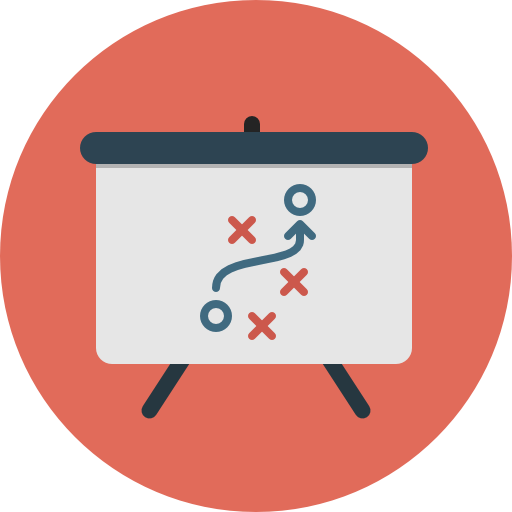There are many factors that determine the success and failure of ERP implementation. Failure of ERP implementation can be a result of improper planning, unclear objective or too much customization. The major reasons why ERP implementations fail are:
Reasons for why ERP implementations fail are:-
-
1. Lack of Management Participation

One of the major causes of ERP implementation failure is lack of management backing, ERP needs the active participation of people in the organization and until and unless management doesn’t make clear that ERP implementation is a priority there will always chance of delay or complete ERP implementation failure.
-
2. Lack of Planning
 Companies build a high-level plan with broad assumptions or underestimate the amount of business change involved. Due to lack of planning many unforeseen problems may come which causes failure of ERP implementation. The plan for a successful ERP implementation needs to be specific, detailed and realistic
Companies build a high-level plan with broad assumptions or underestimate the amount of business change involved. Due to lack of planning many unforeseen problems may come which causes failure of ERP implementation. The plan for a successful ERP implementation needs to be specific, detailed and realistic -
 3. Unclear business objective
3. Unclear business objectiveBusiness should clearly define what is their definition of success. Having a clear destination means defining the important business processes, financial benefits, and deadlines up front and making certain stakeholders agree how to address them. Without a clear destination, the endpoint becomes a moving target and hence harder to reach.
-
4. Under-estimating resources required

Most common blunder to happen is with resources projected. Having a solid understanding of the internal and external resources needed to complete the project is critical. A correct estimation of the resources required is necessary to avoid ERP implementation failure.
-
 5. Unrealistic Expectation
5. Unrealistic ExpectationIf ERP is successfully implemented it can make the business more efficient but realistic expectation should be set up, ERP should not be expected to perform miracles. Vendors should make management aware of what kinds of benefit should they expect after successful ERP implementation.
-
6. Extensive Customization

Most business lack standard business practices ask for a lot of customization in the ERP system. Over-customization can result in a lot of time and effort and makes installing the next release costly and difficult. Hence before beginning the ERP selection process, business process of the organization should be in place to avoid ERP implementation failure.
-
 7. Lack of flexibility in ERP
7. Lack of flexibility in ERPBusinesses realign their business processes continuously in response to the ever-changing market. Many ERP is not flexible enough to accommodate it and may result in failure.
-
8. Insufficient testing

The purpose of testing in an ERP project is not to see if the software works, the purpose is to see if the system meets your business needs and produces the output you need. Reducing testing may not leave defects undiscovered, but it certainly increases the risk the ERP system will be missing important functions or not be well accepted by end users.
-
 9. Lack of training
9. Lack of trainingLeaving training to a small phase at the end of the project makes it very difficult for users to get the training they need to understand the system. ERP covers different departments so all users must know ERP basics, an overview of the system and its working and how an action by an employee triggers a host of events throughout the organization
-
10. Improper Post-Implementation services

Going live is not the end of the journey. Business is ever changing and ERP has to be changed according to it. ERP implementation requires frequent reviews and corrections.
-
 11. Poor management of the transition phase
11. Poor management of the transition phaseYou will not see the benefits of ERP instantly. There could be a drastic change after ERP implementation in the organization especially on the way people do their job. This can result in a temporary dip in performance but if the implementation is done right and transition phase is managed properly after some time organization will become more efficient than ever.



